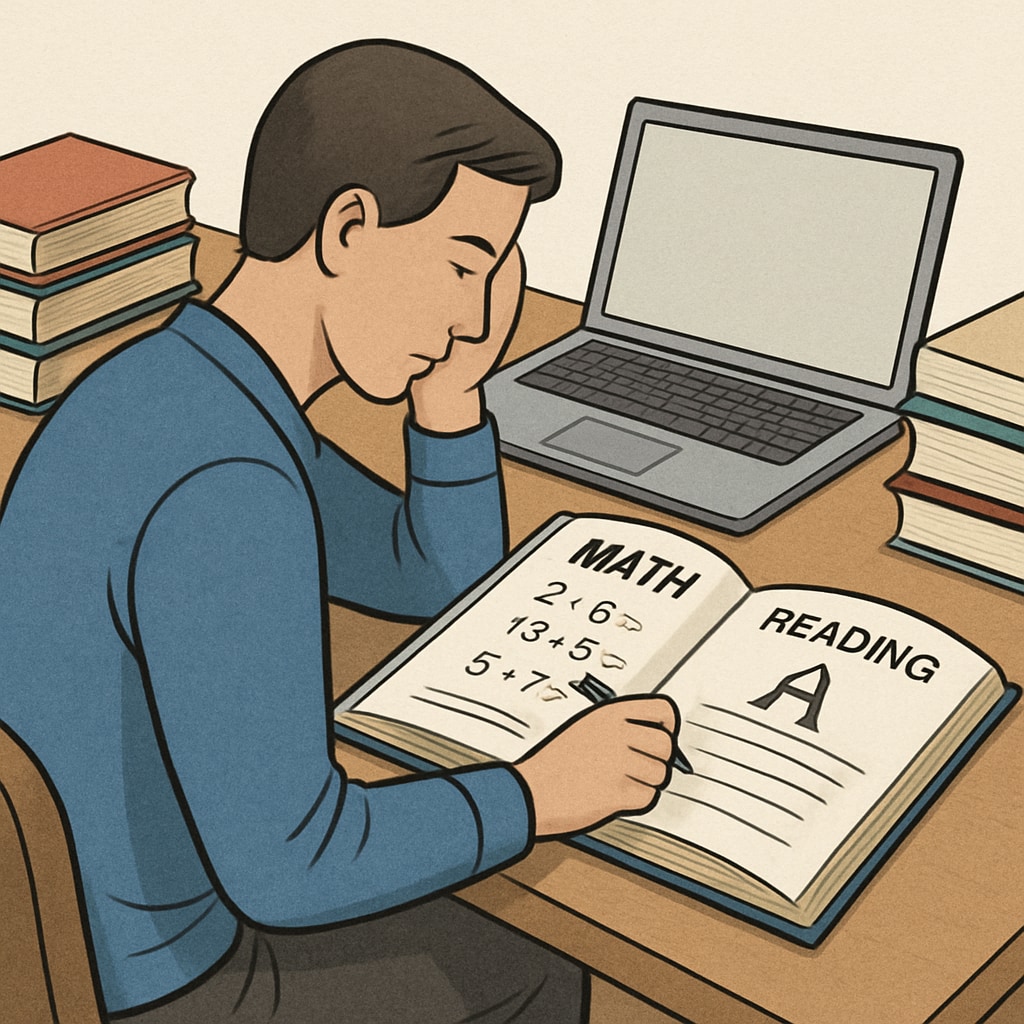Childhood education gaps can have profound effects on adulthood, influencing both one’s ability to learn and overall self-esteem. These gaps often result in a lack of foundational knowledge, which can manifest as feelings of inadequacy or self-doubt in academic, professional, and social settings. However, it is never too late to address these issues and rebuild a strong educational foundation. This article provides practical steps to overcome these gaps and restore confidence through knowledge and self-growth.
Understanding the Impact of Education Gaps
The absence of a solid educational foundation during childhood can lead to significant challenges in adulthood. For instance, individuals with education gaps may struggle with basic literacy or numeracy skills, making tasks like budgeting, writing professional emails, or understanding complex information more difficult. These challenges can, in turn, contribute to feelings of self-doubt and social anxiety.
Moreover, education gaps often create barriers to professional advancement. Employers value critical thinking, effective communication, and problem-solving—skills heavily rooted in foundational education. Adults who lack these skills may find it difficult to compete in the job market, perpetuating a cycle of frustration and low self-esteem. As a result, addressing these gaps is not only essential for personal growth but also for professional success.

How to Rebuild Your Knowledge Base
Closing education gaps as an adult may seem overwhelming, but with a structured approach, it is entirely achievable. Here are some actionable strategies:
- Identify specific gaps: Start by assessing your current knowledge base. Use online tools or take diagnostic tests to pinpoint areas where you need improvement, such as math, reading, or writing.
- Leverage online resources: Platforms like Khan Academy and Coursera offer free or affordable courses in various subjects. These resources are ideal for self-paced learning.
- Set realistic goals: Break down your learning objectives into smaller, manageable tasks. For example, commit to mastering one topic per week or dedicating 30 minutes daily to study.
- Seek mentorship or tutoring: Working with a mentor or tutor can provide personalized guidance and accountability, making it easier to stay on track.
- Engage in practical application: Apply what you learn in real-life scenarios. For instance, practice writing by journaling daily, or improve math skills by managing your household budget.
By following these steps, you can gradually rebuild your knowledge base and feel more confident in your abilities.
Overcoming Self-Doubt and Building Confidence
Education gaps don’t just affect knowledge—they also impact self-esteem. Many adults with these gaps experience a sense of inadequacy, which can hinder their willingness to learn or take risks. To address this, it’s crucial to focus on building confidence alongside knowledge.
Here are some tips to tackle self-doubt:
- Celebrate small wins: Acknowledge and reward yourself for every milestone you achieve, no matter how minor it may seem.
- Practice self-compassion: Remind yourself that learning is a lifelong process and that everyone has areas for improvement.
- Surround yourself with support: Join adult learning groups or communities where you can share your experiences and gain encouragement from others facing similar challenges.
- Adopt a growth mindset: View setbacks as opportunities for learning rather than failures. This mindset will help you stay motivated and resilient.
By combining practical learning strategies with confidence-building techniques, you can address both the emotional and educational aspects of these gaps.

Looking Ahead: Lifelong Learning and Personal Growth
Bridging education gaps is not a one-time effort; it’s part of a lifelong journey of learning and self-improvement. As you rebuild your foundational knowledge, consider expanding your horizons by exploring new interests or acquiring additional skills. This not only enriches your personal life but also opens up new professional opportunities.
Remember, education is a powerful tool for transforming your future. By taking proactive steps to address gaps and build confidence, you’re investing in a better version of yourself. It’s never too late to learn, grow, and achieve your full potential.
Readability guidance: Use short paragraphs and lists to summarize key points. Ensure a balance between actionable advice and motivational insights. Maintain a conversational yet professional tone to engage readers effectively.


